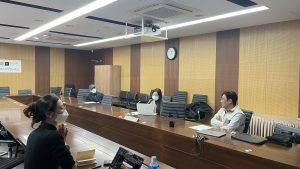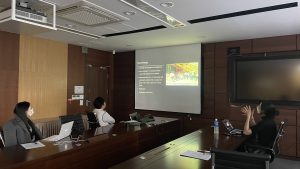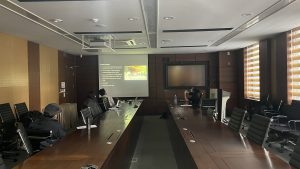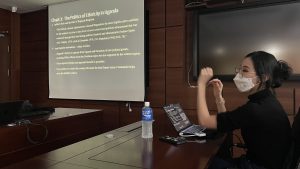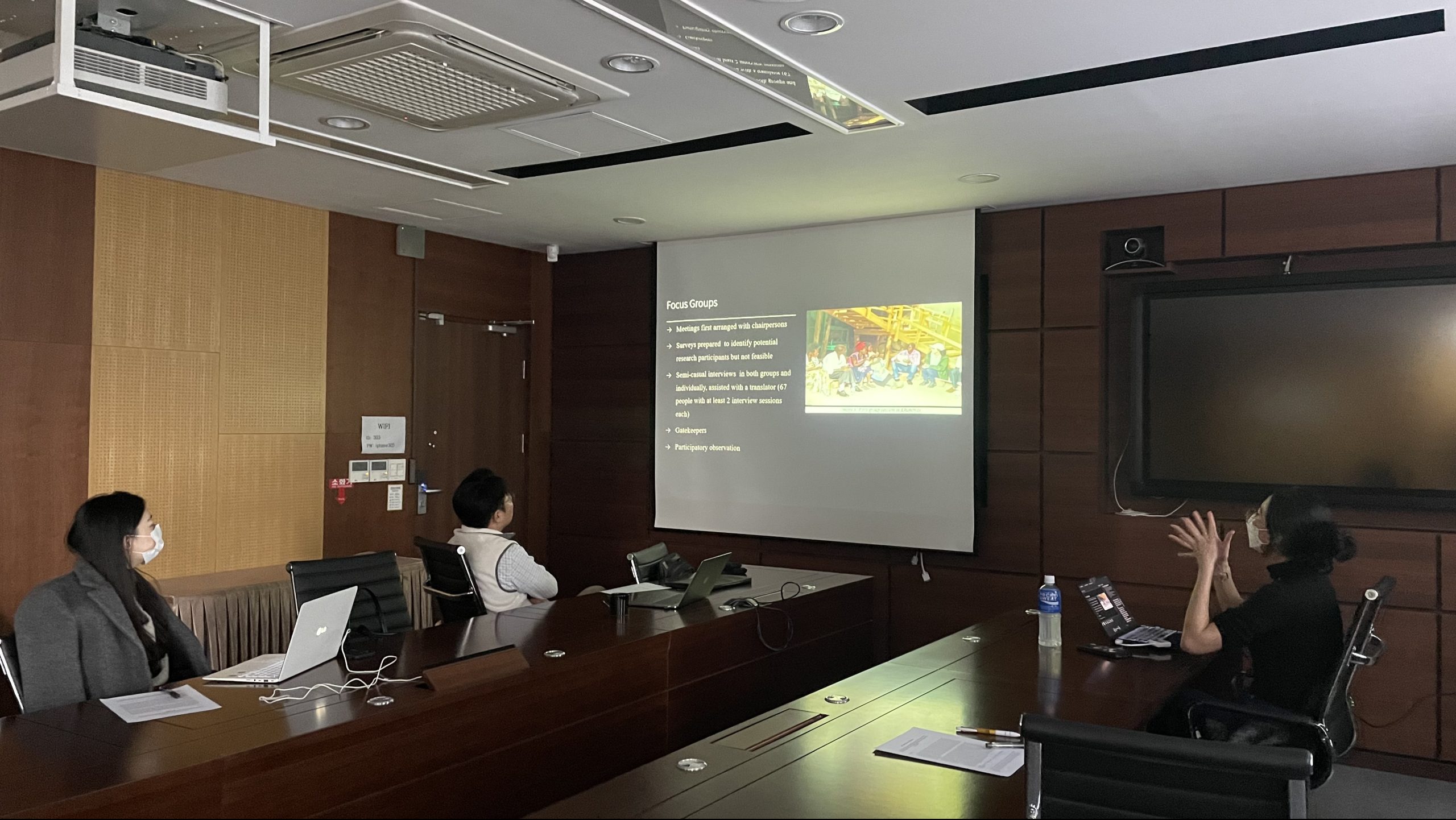행사 일정
○ 일시: 2022년 12월 30일(금), 10:30-12:00(KST)
○ 장소: 서울대학교 아시아연구소 국제회의실(303호)
○ 주제: ‘Internalising’ Development: The impact of the Korean-inspired Saemaul Model Villages (ESMV) project in Uganda on ‘local’ village identities and sense of community belonging
○ 강연자: 문가현 연구원(KISDI)
행사 리뷰
서울대학교 아시아연구소 아시아-아프리카센터에서는 정보통신정책연구원의 문가현 연구원을 모시고 제2회 서울대 아프리카 연구 모임을 진행했다. 이번 연구 모임은 문가현 연구원의 석사 논문을 주제로 발표하고, 이에 대해 토론하는 형식으로 진행되었다.
새마을운동은 1970년대 한국에 처음 도입됐다. 이는 국가의 농촌 경제 발전에 기여했을 뿐만 아니라 외부 지원 및 인센티브의 내재화를 통해 민족의식 고취와 집단 정체성 강화에도 기여했다. 최근 우간다의 7개 모델 마을에서 ESMV(새마을 모델 빌리지 구축) 프로젝트라는 이름으로 특정 농촌 개발 모델을 구현한 것은 제도화된 마을을 계속 묘사하는 국가의 기존 집단 정체성에 어떤 영향을 미칠 수 있는지에 대한 질문을 제기했다. 본 연구는 ESMV(새마을 모델 빌리지 구축) 프로젝트가 우간다의 기존 ‘로컬’ 마을 정체성에 사회적으로 어떤 영향을 미치고 국가 정체성에 어떻게 기여하는지 연구하는 것을 목적으로 했다.
연구의 궁극적인 목적은 사람들의 애국심이나 민족주의를 측정하는 것이 아니라 ESMV 프로젝트가 이들 지역의 집단적 정체성을 이해하는 데 어떻게 기여했는지를 이해하는 데 있었다. 따라서 그것은 지역 수준에서 국가 정체성과 관련된 아이디어와 관행의 재생산 및 적응과 관련하여 마을에서 목격되는 사회적 변화에 초점을 맞추었다. 그리고 농촌개발사업을 통한 이들 마을의 집단정체성 형성은 국가경제발전의 수단이자 목적이었다고 결론지었다.
Research Abstract
The Saemaul Undong (translated as the New Village Movement), was first introduced in South Korea in the 1970s. It not only contributed to the country’s rural economic development, but also contributed to an enhanced national consciousness and a stronger collective identity through the internalisation of external support and incentives. The recent implementation of this specific rural development model under the name of the Establishment of Saemaul Model Villages (ESMV) project in seven model villages in Uganda, raises the question of how it may impact the existing collective identities in the country that continues to portray institutionalised ethnicity in modern politics. This research, therefore, aims to study how the Korea-inspired Saemaul Undong Model Villages socially influences the existing ‘local’ village identities in Uganda as well as how it contributes to the national identity.
Fieldwork was conducted in three of out of the seven model villages in Uganda between August 2019 and January 2020, to collect data using formal in-depth and informal interviews, as well as participant observation. The triangulated data was used to explore the process of internalisation of the external support from the Korean and Ugandan governments by the grassroots actors, and how this impacted their sense of belonging to the community. Social dynamics were analysed using the actor-oriented approach introduced by Norman Long (2001) and Herbert Kelman’s social influence theory (1958, 1961, 1979, 2006, 2017). In addition, Benedict Anderson’s imagined communities ([1983] 2016) was referred to discuss the concept of national identity and how it was impacted by the intervention program.
The ultimate purpose of this research was not to measure peoples’ sense of patriotism nor nationalism, but to rather understand how the ESMV project contributed to the understanding of collective identities in these regions. Thus, it focused on the social changes witnessed in the villages in relation to the reproduction and adaptation of ideas and practices associated with national identity at the local level. It then concludes that the formation of collective identities in these villages through the rural development project was both the means and the end for national economic development.
행사 사진
